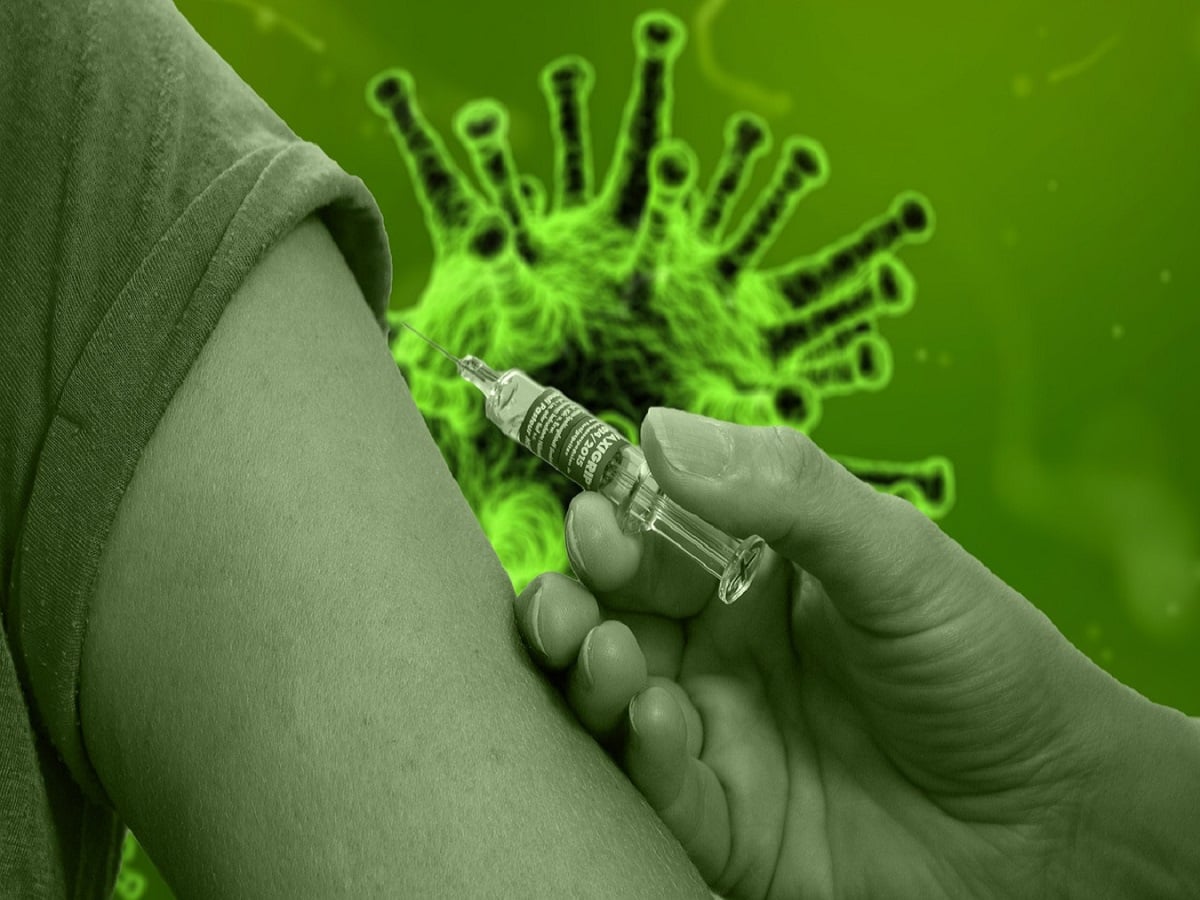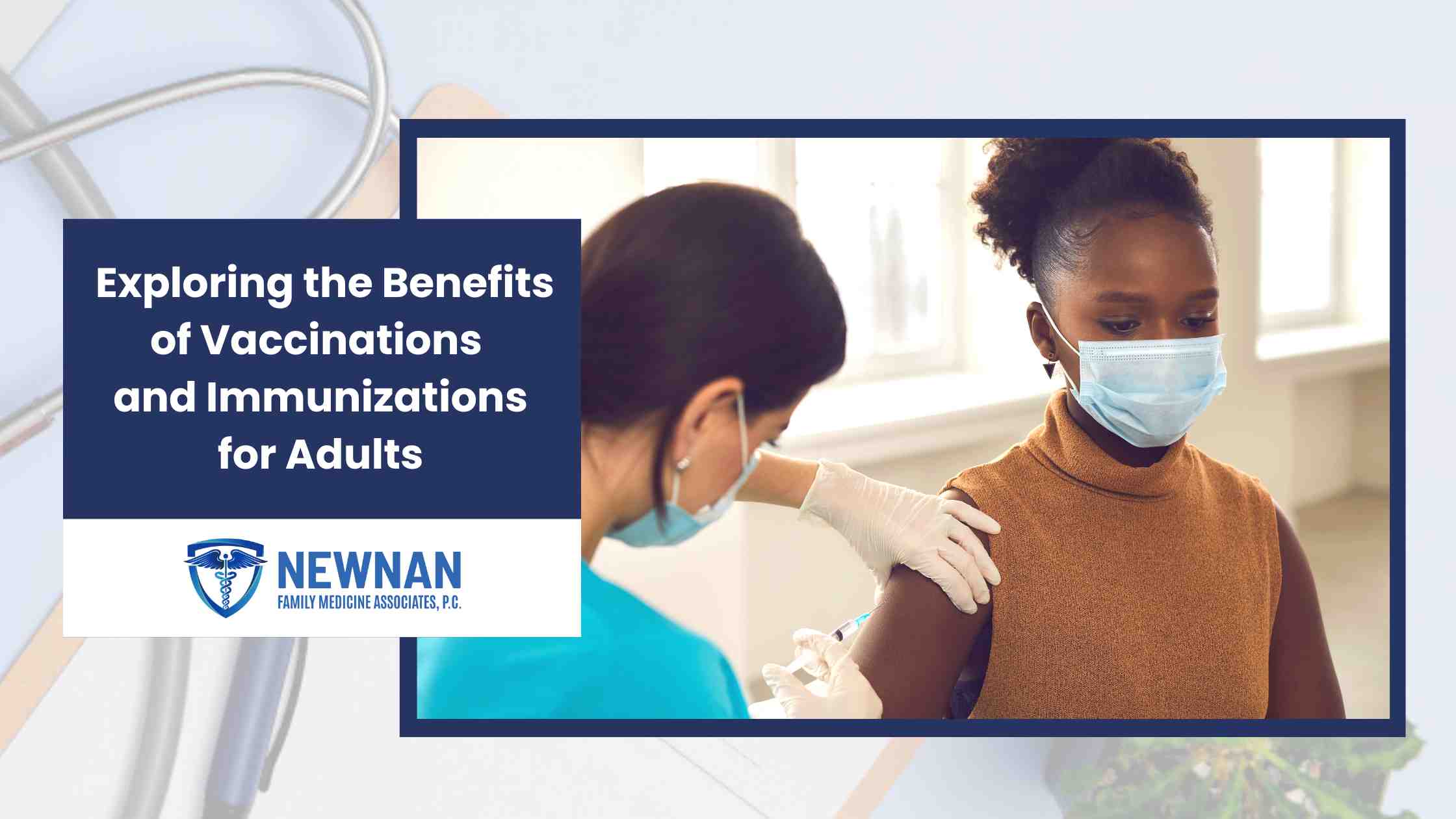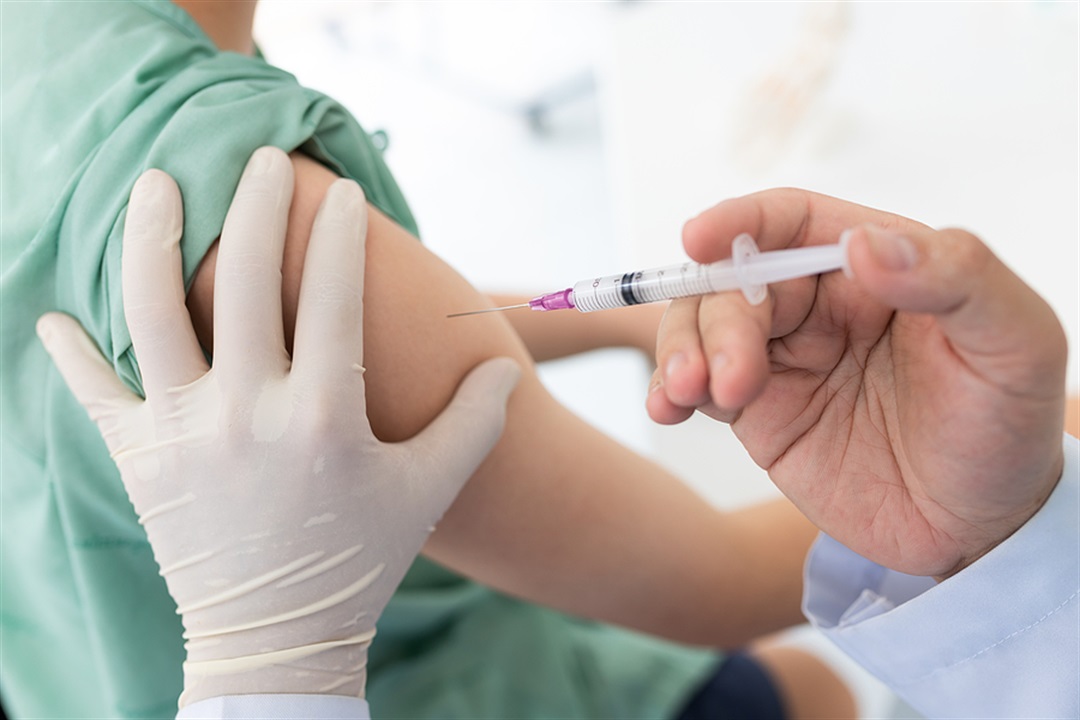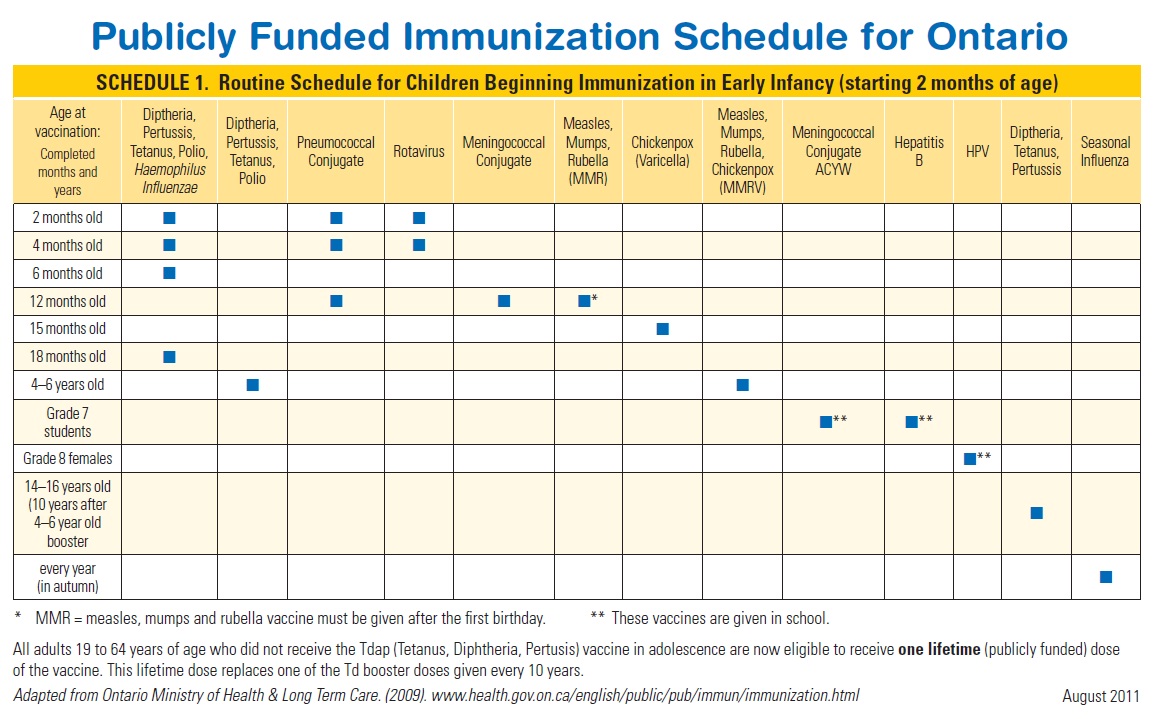
Immunizations, also known as vaccinations, are a crucial part of maintaining good health and preventing the spread of infectious diseases. At Johns Hopkins Medicine, healthcare professionals emphasize the significance of staying up-to-date on recommended vaccinations to ensure optimal protection against serious illnesses. In this article, we will delve into the world of immunizations, exploring their benefits, types, and the role they play in safeguarding public health.
What are Immunizations?
Immunizations are medical interventions that help the body's immune system fight against infectious diseases. They work by introducing a small, harmless piece of a pathogen, such as a virus or bacteria, to the body, which triggers the production of antibodies. These antibodies then recognize and attack the pathogen, providing long-term immunity against future infections. Immunizations can be administered through various methods, including injections, oral medications, or nasal sprays.
Types of Immunizations
There are several types of immunizations, each designed to protect against specific diseases. Some of the most common immunizations include:
Influenza vaccine: Protects against the flu virus
DTaP vaccine: Protects against diphtheria, tetanus, and pertussis
MMR vaccine: Protects against measles, mumps, and rubella
HPV vaccine: Protects against human papillomavirus
Pneumococcal vaccine: Protects against pneumococcal disease
Benefits of Immunizations
Immunizations offer numerous benefits, including:
Prevention of infectious diseases: Immunizations can prevent serious illnesses, such as measles, mumps, and whooping cough, which can lead to severe complications and even death.
Protection of vulnerable populations: Immunizations help protect individuals with weakened immune systems, such as the elderly, young children, and those with chronic medical conditions.
Reduced risk of outbreaks: Widespread immunization can prevent the spread of infectious diseases, reducing the risk of outbreaks and protecting public health.
Long-term immunity: Many immunizations provide long-term immunity, eliminating the need for repeated vaccinations.
Johns Hopkins Medicine and Immunizations
At Johns Hopkins Medicine, healthcare professionals are committed to providing patients with the latest information and guidance on immunizations. Their team of experts works tirelessly to ensure that patients receive the recommended vaccinations, tailored to their individual needs and health status. With a strong focus on preventive care, Johns Hopkins Medicine aims to protect patients against infectious diseases, promoting overall health and well-being.
Immunizations are a vital component of maintaining good health and preventing the spread of infectious diseases. By staying up-to-date on recommended vaccinations, individuals can protect themselves, their loved ones, and their communities against serious illnesses. At Johns Hopkins Medicine, patients can trust that they are receiving the best possible care, with a strong emphasis on immunizations and preventive care. Remember, immunizations are a crucial step in safeguarding your health – consult with your healthcare provider today to ensure you are protected.
Note: This article is for informational purposes only and is not intended to provide medical advice. Consult with a healthcare professional for personalized guidance on immunizations.









